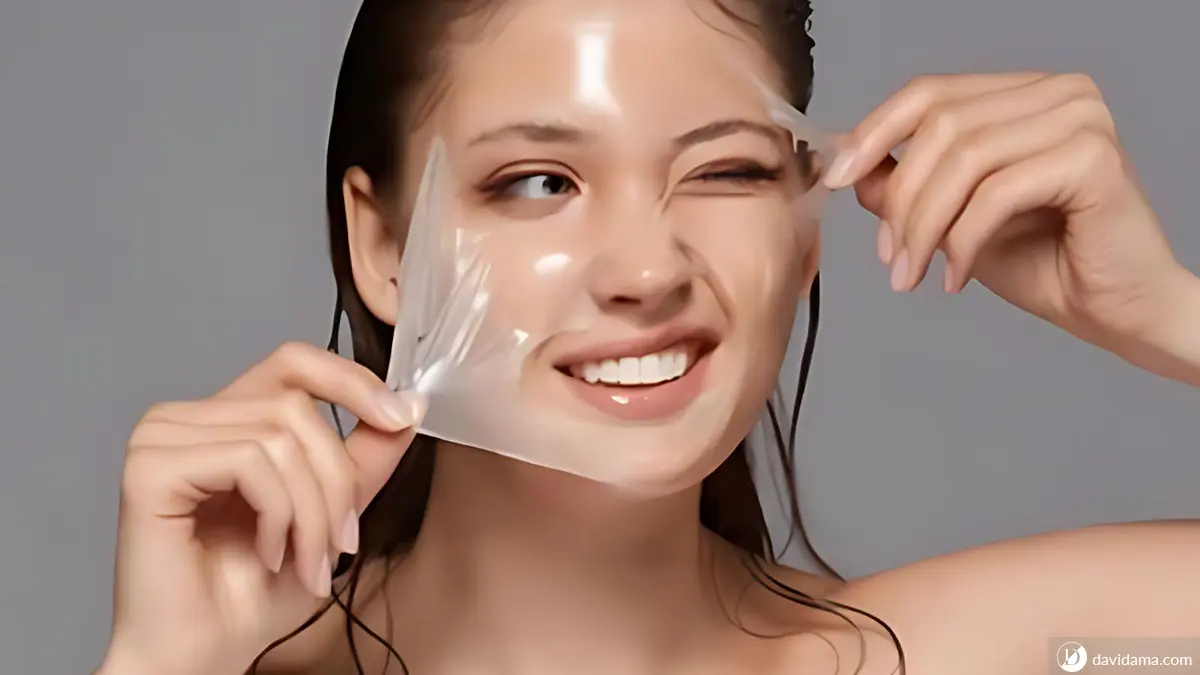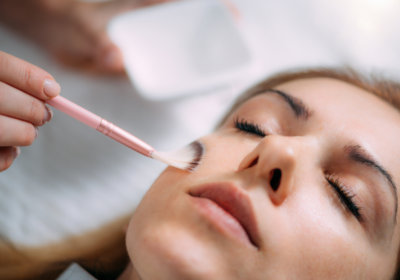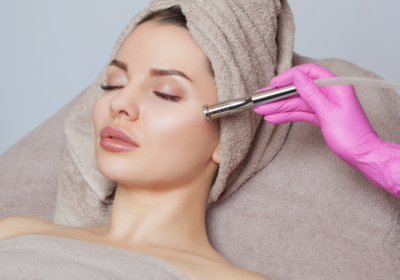Are Chemical Peels Safe for Sensitive Skin?

Chemical peels are a popular skincare treatment known for their ability to improve skin texture, reduce fine lines, and enhance overall skin appearance. However, patients at DaVida Medical & Aesthetics want to know, “Are chemical peels safe for sensitive skin?”
Understanding Chemical Peels
Chemical peels involve applying a solution to the skin, causing the top layers to exfoliate and eventually peel off. This process reveals new, regenerated skin that is typically smoother and less wrinkled. Chemical peels vary in strength:
- Light Peels. Use mild acids like alpha-hydroxy acid (AHA) to gently exfoliate the outer layer of skin.
- Medium Peels. Trichloroacetic acid (TCA) is used to reach the middle and outer layers of skin, providing more extensive results.
- Deep Peels. Use stronger acids like phenol to deeply penetrate the skin, offering the most dramatic results but requiring a longer recovery time.
Chemical Peels are Safe for Sensitive Skin
For individuals with sensitive skin, the main concerns are irritation, redness, and potential adverse reactions. However, with proper precautions and professional guidance, chemical peels can be safely performed on sensitive skin. Here’s how:
- Consult a Dermatologist. Before undergoing a chemical peel, consult a dermatologist who can assess your skin type and recommend the most suitable peel. This step is crucial to ensure the chosen peel will not excessively irritate your sensitive skin.
- Opt for Light Peels. Light chemical peels are generally safer for sensitive skin. Ingredients like AHAs and BHAs (beta-hydroxy acids) are milder and less likely to cause severe reactions. Glycolic acid peels, for instance, are commonly recommended for their gentle yet effective exfoliating properties.
- Patch Testing. Always perform a patch test before a full-face peel. Apply a small amount of the peel solution to a discreet area and wait 24-48 hours to check for any adverse reactions. If no irritation occurs, it is likely safe to proceed with the treatment.
- Customized Formulation. Some skincare professionals offer customized chemical peels that are formulated and safe for sensitive skin. These peels often include soothing ingredients like aloe vera or chamomile to minimize irritation.
- Pre- and Post-Care. Proper skincare before and after the peel is essential. Use gentle, non-irritating products and avoid active ingredients like retinoids or exfoliants a week before the treatment. Post-peel, focus on hydration and sun protection to support skin healing and prevent complications.
Benefits for Sensitive Skin
When done correctly, chemical peels can offer safe and significant benefits for sensitive skin, including:
- Improved Texture. Light peels can smooth out rough patches and refine skin texture.
- Even Skin Tone. Chemical peels can help reduce hyperpigmentation and even out skin tone.
- Boosted Radiance. By removing dead skin cells, peels can enhance the skin’s natural radiance, giving it a healthy glow.
Conclusion
Chemical peels can be safe for sensitive skin when approached with caution and professional guidance. Light peels, customized formulations, and thorough pre- and post-care routines are key to achieving the desired results without compromising skin health. Always consult with a skincare professional to determine the best approach for your sensitive skin, ensuring a safe and effective treatment.
You may also enjoy reading: Can I Get Botox and Dermal Fillers at the Same Time?



